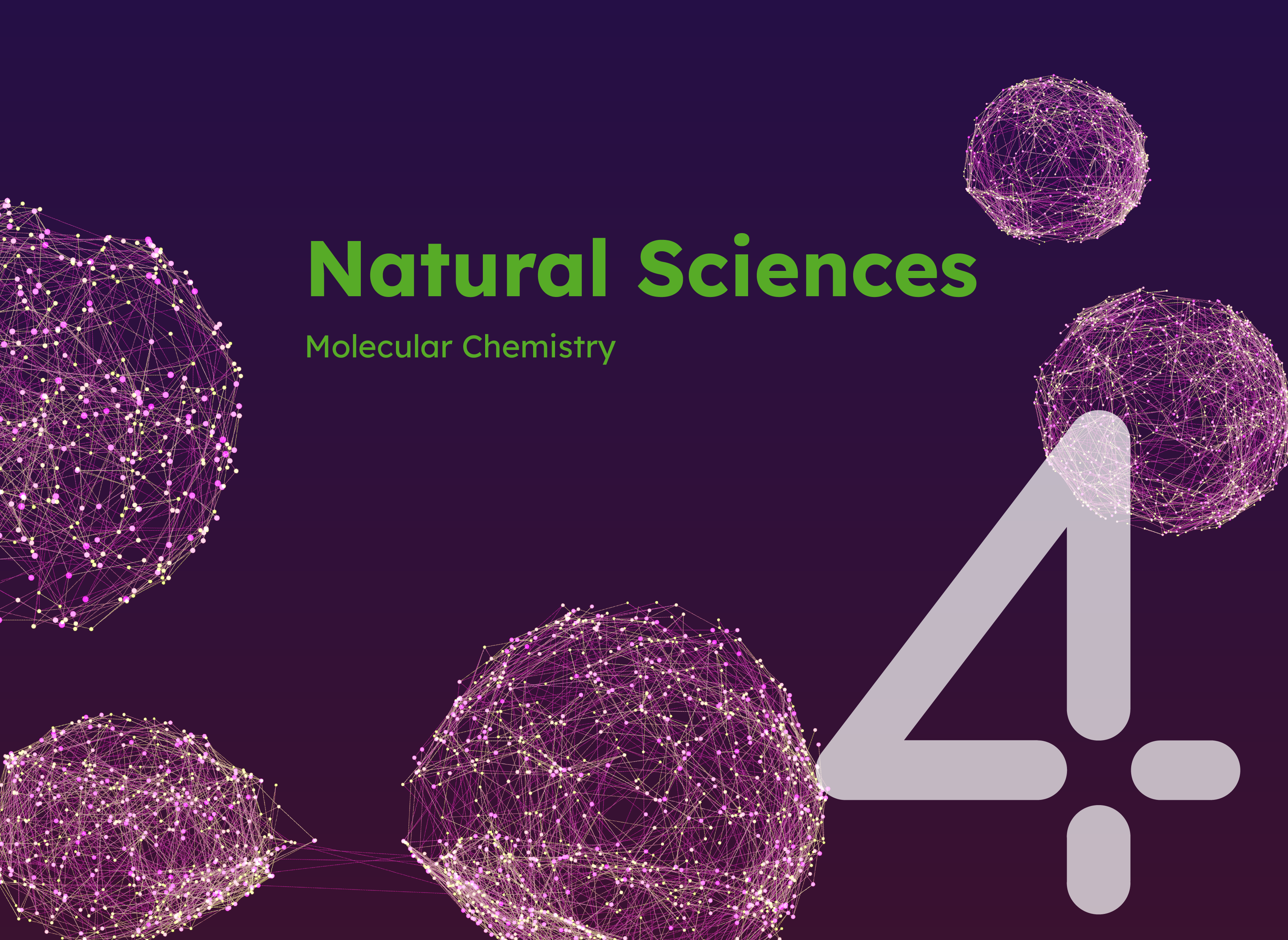Project
Computational Evaluation and Catalyst Screening for the Insertion of CO2 Into Arenes With Palladium and Platinum Complexes
Carbon Dioxide (CO2) is an interesting, widely available, technically easy to handle, non toxic and non flammable, but chemically very inert compound. It is extremely interesting to find novel synthetic protocols to use CO2 in chemical syntheses. Escecially interesting is the production of carbonic acids from CO2 and arenes, which is a very challenging reaction. Due to the extreme inertness of the CO2 molecule purely experimental methods are very often prone to failure. The usage of computational chemistry therefore is the tool of choice to obtain valuable information about precisely how a molecular catalyst should look like to be able to transform this very inert molecule. In this project the introduction of CO2 into the C-H bonds of arenes was the focus of research.
Project Details
Project term
November 1, 2021–October 31, 2022
Affiliations
RWTH Aachen University
Institute
Institute of Technical and Macromolecular Chemistry
Principal Investigator
Methods
This project has been carried out with state of the art density functional (DF) calculations.
Results
A large variety of ligands and bases were screened to check on the performance with regard to expectable experimental challenges. All these challenges could be met and an active catalyst could be identified. Several complete catalytic cycles were computed and compared.
Discussion
Using DFT methods for the computation of molecular complexes, which are expected to be part of a potentially active catalytic cycle were computed. In this way it could be shown which ligands to avoid and which ligands to use. The same was done for bases, which are necessary in the experiment. Combined ligand effects also were studied and the potential problem of catalyst dimerization was studied and solved.This work put us in the position to predict a precise molecular catalyst for the insertion of CO2 into arenes.
Additional Project Information
DFG classification: 301 Molecular Chemistry
Software: Gaussian16
Cluster: CLAIX
Publications
M. Hölscher, G. Kemper, S. Jenthra, C. Bolm, W. Leitner, Chem. Eur. J. 2022; DOI: doi.org/10.1002/chem.202104375
 ⠀
⠀